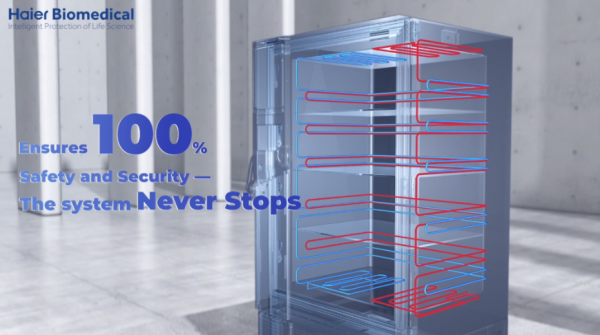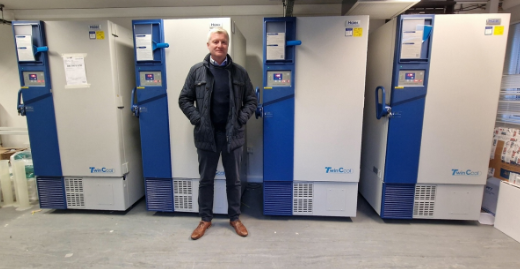Ultra-low temperature (ULT) freezers are essential pieces of equipment in many industries, including pharmaceuticals, biotech, and healthcare. They are designed to provide stable, ultra-low temperature storage conditions for a variety of samples and materials. However, to ensure that the ULT freezer is providing the necessary conditions, it’s important to validate the equipment.
Validation is the process of verifying that the ULT freezer is operating within its intended specifications. The validation process includes testing the equipment to ensure that it can maintain the desired temperature range and uniformity, as well as assessing its performance under various conditions.
There are several reasons why it’s important to validate a ULT freezer. One of the most significant reasons is compliance with regulations. Many industries are subject to regulatory requirements that mandate equipment validation, including ULT freezers. By complying with these regulations, organizations can avoid non-compliance penalties and maintain their license to operate.
In addition to regulatory compliance, validating a ULT freezer is crucial for quality assurance. Ensuring that the freezer is performing as intended is critical for maintaining the integrity of stored samples and materials. If the freezer is not operating within the specified temperature range or has poor temperature uniformity, it can compromise the quality of stored samples, which can have serious consequences for research or clinical outcomes.

Validating a ULT freezer is also important for risk management. By identifying potential risks associated with equipment failure, such as temperature excursions or freezer malfunctions, organizations can take steps to prevent or mitigate them. This can help minimize the impact of equipment failures and prevent damage to stored samples.
Finally, validating a ULT freezer can also improve efficiency and reduce costs associated with energy usage and maintenance. By ensuring that the freezer is operating within its validated specifications, organizations can optimize its performance, lower energy costs and reduce the need for maintenance or repairs.
In conclusion, validating a ULT freezer is an essential step in ensuring that it is providing reliable ultra-low temperature storage conditions for samples and materials. It can help ensure compliance with regulatory requirements, maintain the integrity of stored samples, minimize the impact of equipment failures, and optimize efficiency.
Haier Biomedical’s range of ULT freezers have been successfully validated and temperature mapped by users in multiple compliance scenarios. The UK recently heard of one such test performed by a client within the highly regulated pharma and biopharma manufacturing and testing arena, Merck’s BioReliance. BioReliance® testing services are the leading GMP and GLP testing services provider for the development of therapeutics and complies with regulatory bodies such as the US Food & Drug Administrators (FDA) and the Medicines and Healthcare products Regulatory Agency (MHRA).

During a visit to Merck Bioreliance in Glasgow, Richard Jafrato, UK General Manager and Usman Ayub, Scotland and North East territory sales representative, learned how impressed the validation team has been with the temperature mapping data from Haier Biomedical’s Twincool ULT freezers. The freezers show better temperature uniformity than competitor dual cool ULT freezers on site.
original source: https://www.haiermedical.com/news/Why-Validation-is-Crucial-for-Success.html
Media Contact
Company Name: Haier Biomedical
Email: Send Email
Phone: +86-532-88935593
Country: China
Website: https://www.haiermedical.com/
